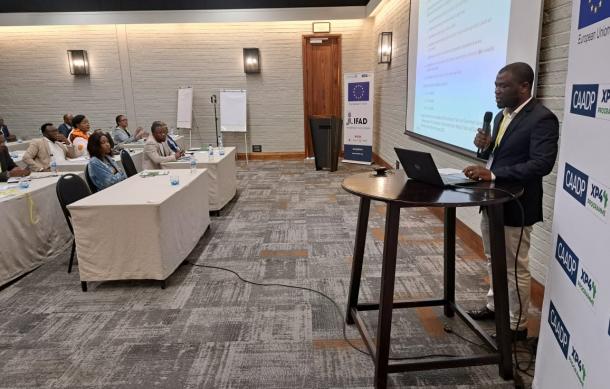
Namibia has failed to meet several targets outlined in the Comprehensive African Agriculture Development Project.
The country scored a low rating of 4 out of 10, falling below the benchmark of 7.29 set in the Malabo Declaration, which was supposed to be achieved by 2025.
Namibia acceded to the Maputo Declaration on Agriculture and Food Security in Africa and committed to allocate at least 10 percent of its national budget to the agricultural sector to achieve six percent annual growth and attain food security.
This commitment was reaffirmed in 2014 through the Malabo Declaration during, which Heads of State and Government adopted concrete agriculture goals to be attained by 2025.
The Malabo Declaration provides the direction for Africa's agricultural transformation for the period 2015 - 2025, within the Framework of the Comprehensive African Agriculture Development Program, as a vehicle to contribute to the achievement of the objectives of the First Ten-year Implementation Plan of Africa's Agenda 2063.
However, Namibia has not achieved much since 2017.
The Malabo Declaration on Accelerated Agricultural Growth and Transformation for Shared Prosperity and Improved Livelihoods includes among others, recommitting to the principles and values of the CAADP, enhancing investment finance in agriculture as well as ending hunger in Africa by 2025.
But Namibia is not on track with any of the commitments, having an overall score of just 4 points out of 10.
According to Namibia's 3rd biennial review report by the Ministry of Agriculture, Water and Land Reform, the country needs to pay attention to increasing youth involvement in new opportunities in agriculture value chains and that of farm households having ownership to or access to land.
The Agriculture Sector sustains about 70 percent of livelihood and 15 percent of total employment in 2018.





